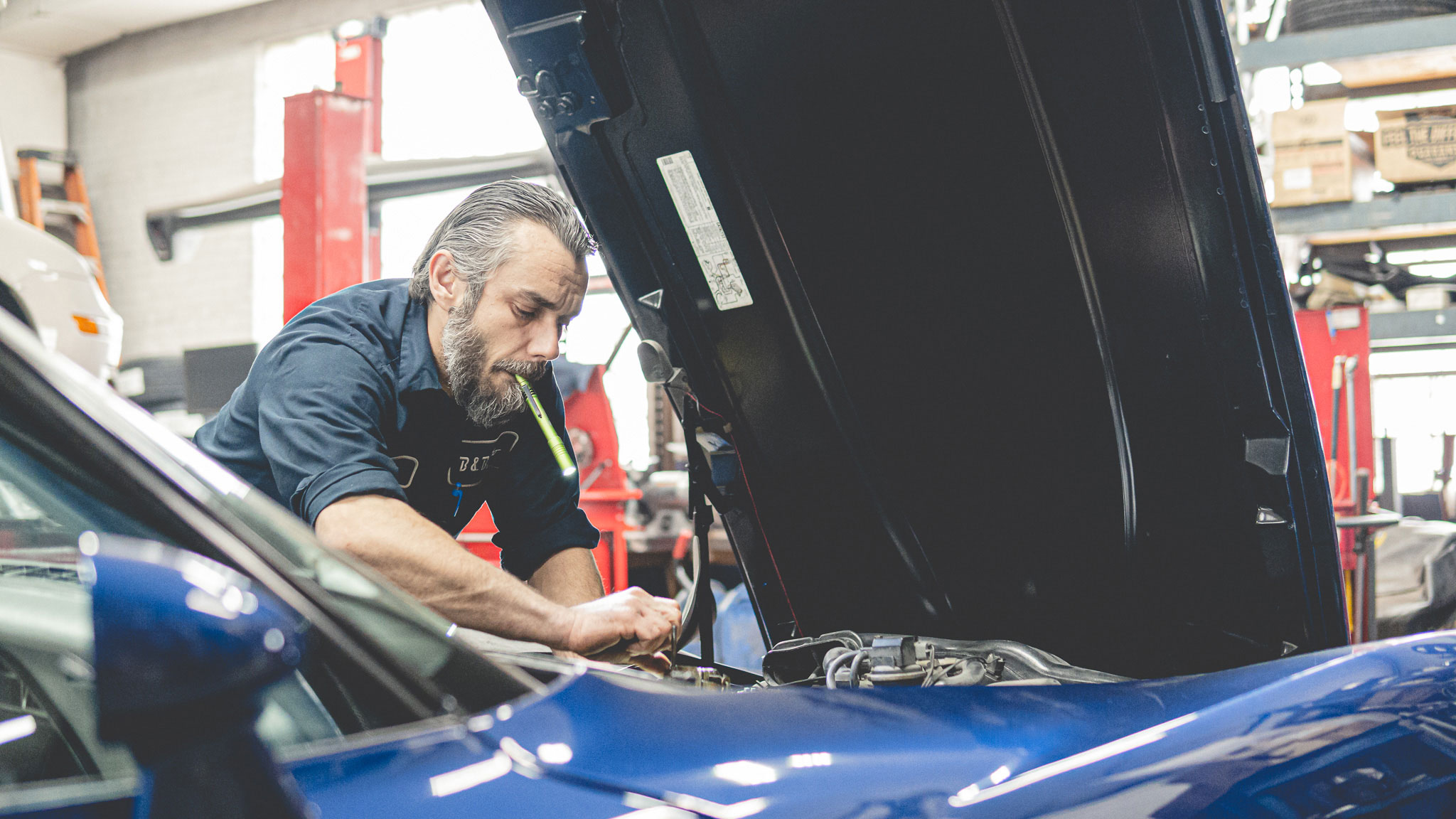All Categories
Featured

An automobile battery is essential for starting your automobile and powering electric systems like lights, radios, and climate controls. By following some basic maintenance methods, you can expand the life of your cars and truck battery and keep your vehicle running efficiently.
- Keep the Battery Terminals Clean. One of the leading root causes of battery failure is deterioration around the terminals. Corrosion can produce an obstacle that avoids the battery from appropriately charging and releasing, minimizing its life expectancy. To prevent this, inspect your battery terminals consistently and clean them if you see any type of buildup. Utilize a mix of baking soft drink and water or a business battery cleansing remedy. Cleansing the terminals will certainly make sure an excellent connection and improve the battery's total performance.
- Drive Regularly and Stay Clear Of Brief Journeys. When you drive your vehicle, the generator charges the battery. If you regularly drive short distances, your battery might not obtain a full charge, which can lead to a weaker battery over time.
- When Not in Usage, transform Off Electrical Accessories. Electrical parts like your auto's radio, air conditioning, and interior lights attract power from the battery. If you leave them on while the engine is off, you can drain pipes the battery faster than it can recharge.
- Park in a Cool, Dry Place. Temperature extremes-- specifically extreme warmth-- can decrease an auto battery's life-span. Warmth causes the fluid inside the battery to evaporate, which can lead to interior damage and reduced battery life. Cold temperature levels can additionally reduce the battery's effectiveness and make it harder for the engine to begin. Attempt to park your automobile in a garage or a shaded area to safeguard it from these temperature extremes. When possible, make use of a battery cover to additional shield the battery from ecological problems.
- Look for Leaks or Damages. Leakages or cracks in the battery case can cause fluid leaks, which can harm the battery and other components of the automobile. It's essential to change the battery instantly if you observe any leakage or physical damages to your battery. A leaking battery might also trigger rust around the terminals, which will even more break down the battery's performance.

- Regularly Check Your Battery's Health and wellness. Over time, all car batteries shed their capability to hold a fee as they age. Many modern-day cars likewise come geared up with a battery tracking system that gives alerts when the battery is deteriorating.
- Utilize a Battery Maintainer for Extended Durations of Inactivity. If you do not drive your car consistently, such as throughout the winter months or while taking a trip, your battery can drain pipes gradually. To stop this, use a battery maintainer (also called a flow charger), which maintains your battery at an ideal charge level when the car isn't being used. A battery maintainer is especially practical for cars that are kept for extended periods, as it stops the battery from discharging entirely.

- Change the Battery When Essential. Despite proper maintenance, all car batteries at some point reach the end of their life expectancy. Commonly, a cars and truck battery lasts in between 3 to 5 years, depending on the environment and driving conditions. If your battery is showing indications of wear, such as difficulty beginning the engine or dark fronts lights, it might be time for a replacement. Waiting too long to change a passing away battery could lead to a complete failing at one of the most troublesome minute.
Final thought. Preserving your car battery is a simple yet effective means to ensure that your vehicle stays dependable and performs at its finest. Regularly cleaning the terminals, limiting using electric devices, parking in a temperature-controlled atmosphere, and testing the battery's health and wellness are vital steps to keeping your battery in leading shape. By adhering to these best techniques, you can make the most of the lifespan of your automobile battery, prevent unforeseen failings, and conserve money on substitutes over time.
Latest Posts
NAPA AutoCare Certified: Trust Montclare Auto Repair for Reliable Auto Care
Published Apr 19, 25
2 min read
Trusted Auto Repair Locally - Trust Montclare’s Auto Specialists
Published Apr 19, 25
2 min read
Relax and Take Pleasure In at The Boogaloo Sports Bar & Grill
Published Apr 19, 25
1 min read
More
Latest Posts
NAPA AutoCare Certified: Trust Montclare Auto Repair for Reliable Auto Care
Published Apr 19, 25
2 min read
Trusted Auto Repair Locally - Trust Montclare’s Auto Specialists
Published Apr 19, 25
2 min read
Relax and Take Pleasure In at The Boogaloo Sports Bar & Grill
Published Apr 19, 25
1 min read